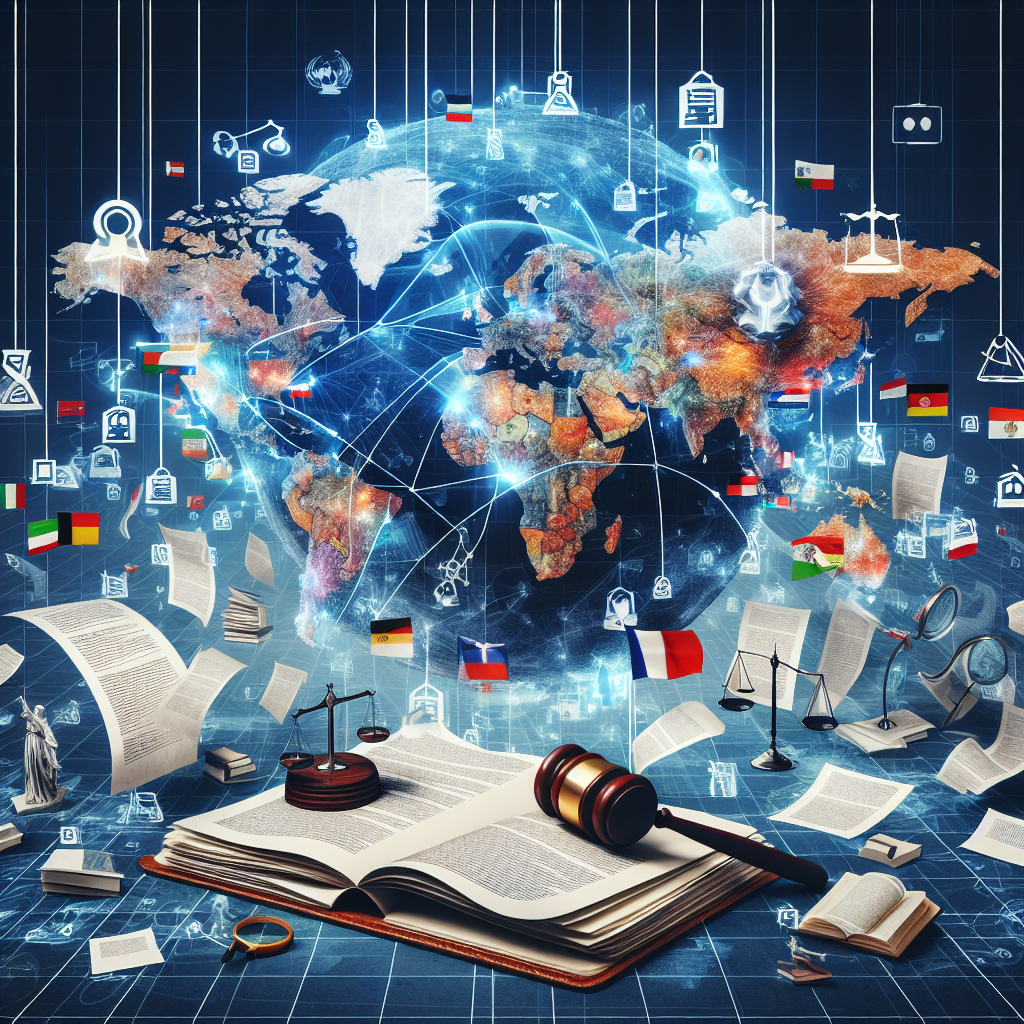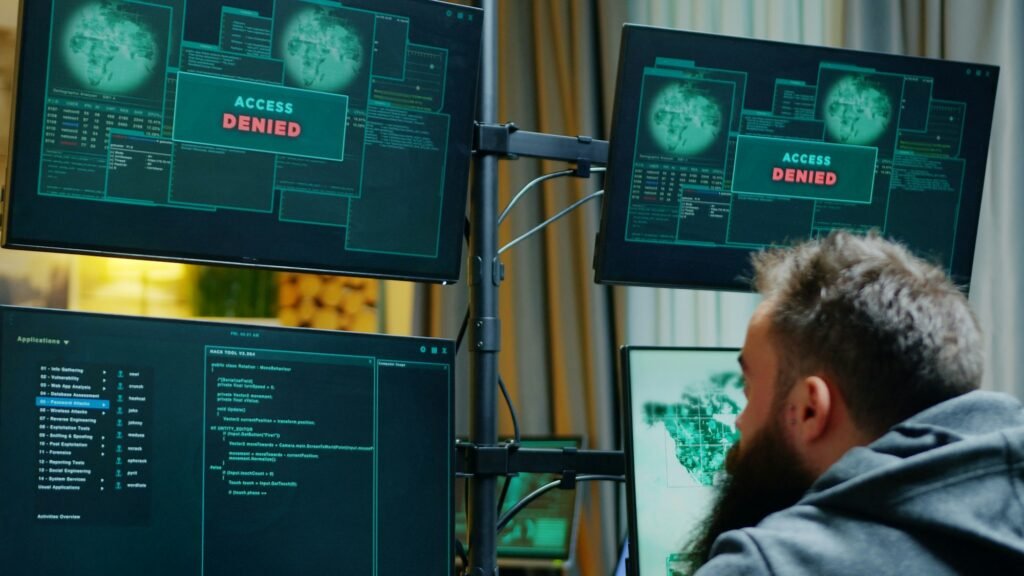How Technology is Simplifying Legal Citation and Referencing
How Technology is Simplifying Legal Citation and Referencing
In the modern legal landscape, where precision and accuracy are paramount, technology is playing a transformative role in simplifying legal citation and referencing. This evolution is not just a boon for legal professionals but also a significant advancement in ensuring justice is served efficiently. In this article, we explore how technology is revolutionizing legal citations, the tools making it possible, and the benefits thereof.
The Importance of Legal Citation and Referencing
Legal citation and referencing are the backbones of legal writing. They ensure that legal documents are credible, transparent, and authoritative. Legal professionals rely heavily on accurate citations to substantiate their arguments, reference precedents, and uphold the integrity of the judicial process. However, the traditional manual method of citation is not only time-consuming but also prone to human error.
Technological Advancements in Legal Citation
1. Automated Citation Tools
One of the groundbreaking advancements in legal citation is the development of automated citation tools. These tools leverage artificial intelligence and machine learning to generate accurate legal citations in seconds. Programs like CiteRight, Zotero, and RefWorks have integrated legal databases that allow users to insert citations directly into their documents without manually tracking multiple sources.
2. Digital Legal Libraries
The digitization of legal libraries has been a game-changer. Platforms such as LexisNexis and Westlaw provide comprehensive databases of legal resources that can be accessed instantly. These platforms often come with built-in citation tools that simplify the process of referencing and ensure conformity with various legal citation styles such as Bluebook, OSCOLA, and others.
3. Cloud-Based Legal Software
Cloud-based legal software solutions like Clio and MyCase offer seamless integration of citation tools into their document management systems. This integration ensures that legal professionals can manage their references within the same ecosystem where they draft and store their legal documents, enhancing efficiency and reducing the likelihood of citation errors.
Benefits of Technology in Legal Citation
1. Increased Efficiency
By automating the citation process, legal professionals can save significant time, allowing them to focus more on crafting compelling legal arguments and less on the minutiae of formatting references.
2. Enhanced Accuracy
Technology reduces the margin for human error, ensuring that citations are accurate and consistent. This accuracy is critical for maintaining the credibility of legal documents and avoiding potential legal misinterpretations.
3. Cost-Effectiveness
Automated tools and digital libraries reduce the need for extensive manual labor and physical resources, leading to cost savings for legal firms. This cost-effectiveness can also translate into more affordable legal services for clients.
4. Accessibility and Collaboration
Cloud-based solutions enable legal professionals to access and collaborate on legal documents from anywhere, at any time. This flexibility is invaluable in today’s fast-paced legal environment.
Conclusion
Technology is undeniably reshaping the future of legal citation and referencing. With automated citation tools, digital libraries, and cloud-based software, legal professionals are better equipped to handle their citation needs efficiently and accurately. As technology continues to evolve, we can expect even more innovative solutions that will further simplify the legal citation process, ultimately enhancing the delivery and administration of justice.
By embracing these technological advancements, legal professionals not only improve their practice but also contribute to a more streamlined and effective legal system. As this trend continues, staying updated with the latest legal tech tools becomes essential for any law firm aiming to remain competitive and efficient in the digital age.
Keywords: technology in legal citation, automated citation tools, digital legal libraries, cloud-based legal software, legal citation accuracy, legal document management, legal referencing efficiency, advanced legal technology, legal tech solutions, modern legal practice.
By focusing on these SEO strategies and keywords, this article aims to rank well and serve as a comprehensive resource for anyone interested in the intersection of technology and legal citation.































































































































